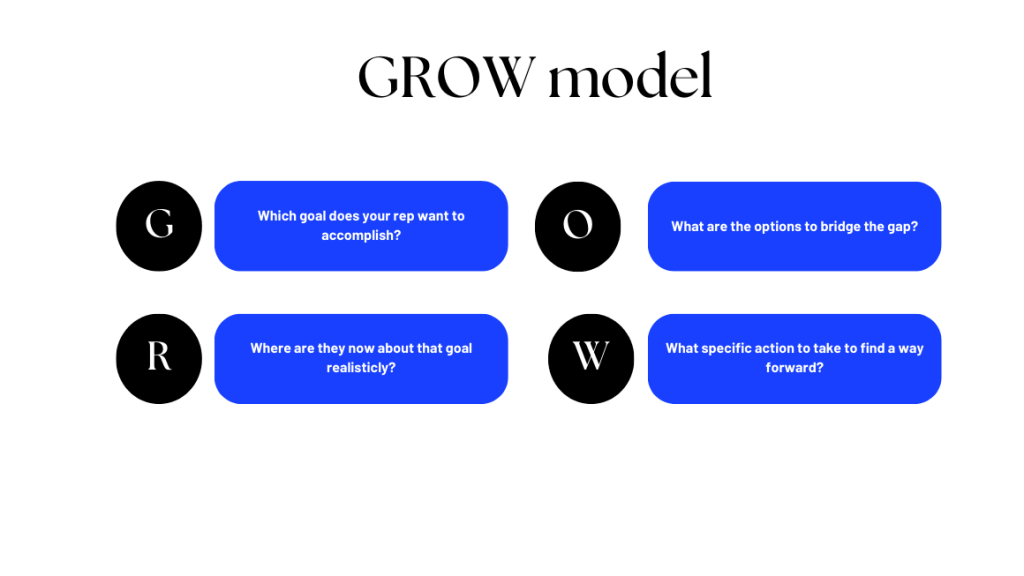Whether you’re a startup founder, a sales manager, or a rep trying to hit your numbers, the pressure to perform is always there. But here’s the truth: you don’t have to go it alone. The right sales coach strategies can transform your team from struggling to thriving, offering a supportive hand in the journey to not just meet but crush your quota.
We will explore actionable strategies that you can implement to enhance your sales performance. Additionally, we will discuss whether hiring a sales coach is beneficial, how coaching can directly impact revenue, and ways you can become an effective coach for your team. By the end of this session, you will have a toolkit of proven techniques to drive results. If you need further assistance, we have resources available to support you.
If You’re a Startup Founder, Should You Hire a Sales Coach?
Let’s address the elephant in the room: should you, as a startup founder, invest in a sales coach? The short answer is: it depends.
Statistics show that companies with formal sales coaching programs achieve 28% higher win rates. For startups, where every dollar counts, this can be a game-changer. However, not every founder has the budget or capacity to bring in an external coach.
Some take on the role themselves, while others rely on their sales managers to step up.
If you’re on the fence, consider this: a sales coach doesn’t just teach your team how to sell—we help you build a scalable, repeatable sales process. We identify gaps in your strategy, refine your pitch, and motivate your team to perform at their best.
But if hiring a coach isn’t in the cards right now, don’t worry. In this article, we’ll share sales coach strategies you can implement immediately to motivate and empower your team. These strategies will give you a sense of control and confidence in your sales journey. And if you want a deeper dive, check out our courses or explore our recommended reading list.

How Sales Coaching Drives Revenue
You might wonder how exactly sales coaching translates into more sales and revenue. The answer is pretty simple: the data.
Companies that provide consistent sales coaching see a 20% increase in annual revenue growth. That’s not just a fluke—it’s a direct result of improved skills, confidence, and performance across the sales team.
Here’s how it works:
- Skill Development: Coaching helps reps master essential skills like objection handling, negotiation, and closing.
- Confidence Building: A good coach boosts morale by assisting reps in overcoming their fear of rejection and taking bold actions.
- Process Optimization: Coaches identify inefficiencies in your sales process and help you streamline them.
In short, sales coaching isn’t a nice-to-have—it’s a must-have if you want to stay competitive.
How to Be a Sales Coach for Your Team
Not everyone can hire a professional sales coach, but that doesn’t mean you can’t adopt sales coach strategies to lead your team effectively. Here’s how you can step into the role and contribute to your team’s success:
1. Understand When to Coach
Not every situation calls for coaching; sometimes, great sales coaching is counterintuitive. It’s not about micromanaging or dictating every move—it’s about identifying the right moments to intervene.
For example:
- After a Lost Deal: Use it as a teaching moment to analyze what went wrong and how to improve.
- Before a Big Pitch: Offer guidance on tailoring the presentation to the client’s needs.
- During a Slump: Provide encouragement and actionable tips to get back on track.
2. Focus on Behavior, Not Just Results
Getting caught up in quotas and revenue targets is easy, but effective coaching goes deeper. Instead of focusing on whether a rep hit their numbers, look at how they work.
Are they:
- Asking the right questions during discovery calls?
- Building strong relationships with prospects?
- Following up consistently?
You will foster significant, lasting improvements that propel you toward remarkable results by tackling these behaviors head-on.
3. GROW Model as your Go-to Sales Coach Strategy
One of the most popular sales coach strategies is the GROW model, which stands for:
- Goal: What does the rep want to achieve?
- Reality: Where are they now about that goal?
- Options: What strategies can they use to bridge the gap?
- Way Forward: What specific actions will they take?
This framework keeps coaching sessions structured and actionable, ensuring reps leave with clear next steps.

4. Provide Real-Time Feedback
Waiting for a quarterly review to give feedback is a missed opportunity. Instead, offer real-time insights during or immediately after sales interactions.
For example:
- “Great job handling that objection about pricing. Next time, try to tie the value back to their specific pain points.”
- “I noticed you didn’t ask about their budget. Let’s role-play how you can bring that up naturally.”
This approach makes feedback more relevant and easier to implement.
How to Coach a Salesperson Effectively
Coaching isn’t a one-size-fits-all process. To be effective, you need to tailor your approach to each individual. Here’s how:
1. Build Trust
Your team won’t open up or take your advice seriously if they don’t trust you. Be transparent, empathetic, and consistent in your interactions.
2. Ask Powerful Questions
Instead of telling reps what to do, ask questions that help them think critically. For example:
- “What do you think went well in that meeting?”
- “How could you have handled that objection differently?”
- “What’s one thing you’d like to improve before the next call?”
This encourages self-reflection and ownership.
3. Leverage Data
Utilize CRM data, call recordings, and performance metrics to find areas for improvement. For example, if a representative has a low conversion rate, analyze their calls to identify where they are losing prospects.
4. Celebrate Wins (Big and Small)
Recognition is a powerful motivator. Celebrate milestones, whether closing a big deal or mastering a new skill. This boosts morale and reinforces positive behaviors, leaving your team feeling motivated and inspired by their achievements.Recognition is a powerful motivator. Celebrate milestones, whether closing a big deal or mastering a new skill. This boosts morale and reinforces positive behaviors.
How Professional Sales Coaching Benefits Your Business
If you’re still considering hiring a sales coach, consider this: professional coaching delivers a return on investment (ROI) of 5-7 times the initial cost.
Here’s what you stand to gain:
- Faster Onboarding: New hires get up to speed quicker with personalized guidance.
- Higher Retention: Coaching improves job satisfaction, reducing turnover.
- Scalable Processes: A coach helps you build systems that grow with your business.
For startups, this can mean the difference between surviving and thriving.
Conclusion: Steal These Strategies—or Call in the Pros
By now, you’ve got a treasure trove of sales coach strategies to implement with your team. From understanding when to coach to providing real-time feedback, these techniques can help you crush your quota and drive revenue growth.
But let’s be honest: coaching is both an art and a science. Don’t hesitate to reach out if you’re short on time or need expert guidance. With over 15 years of experience in

